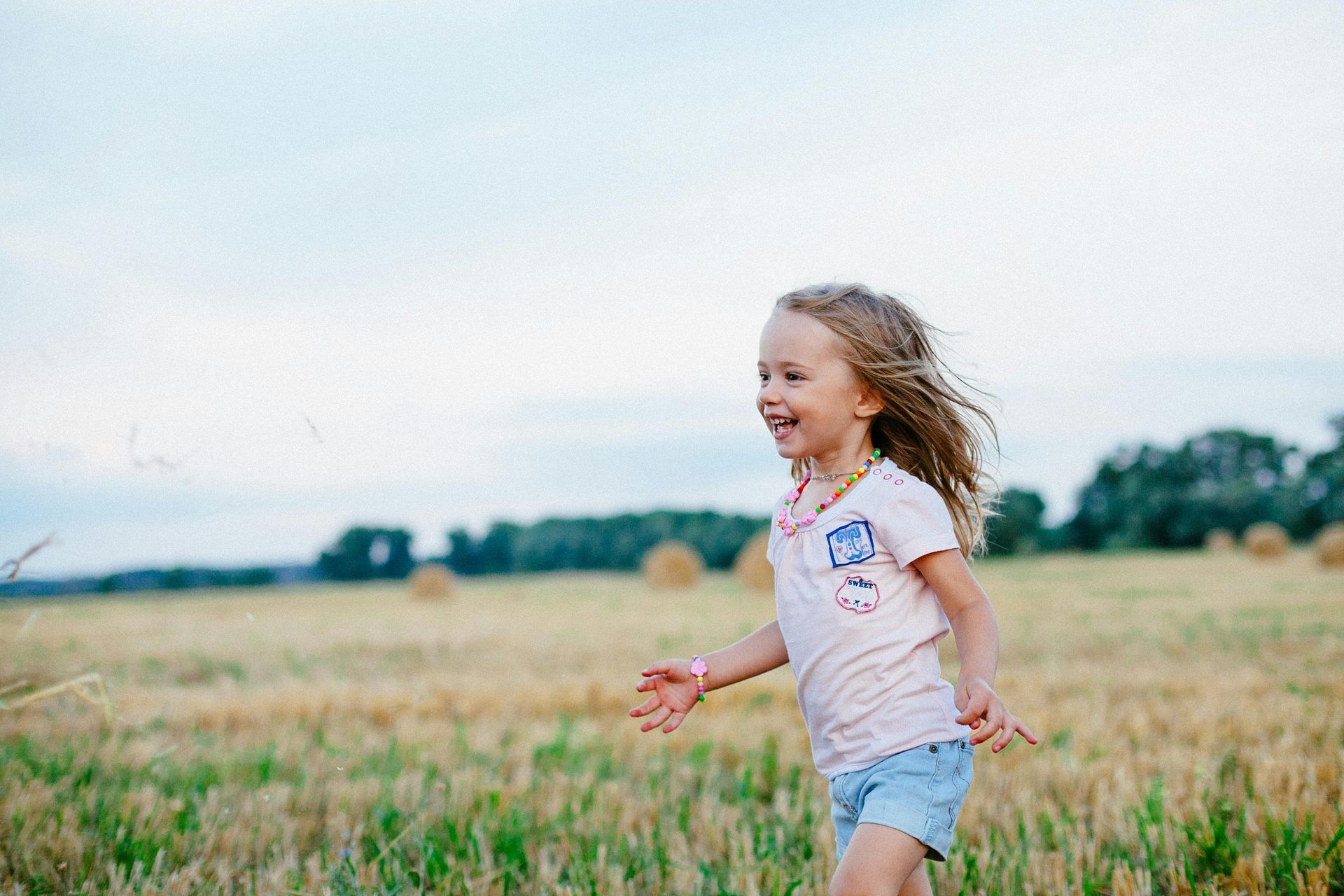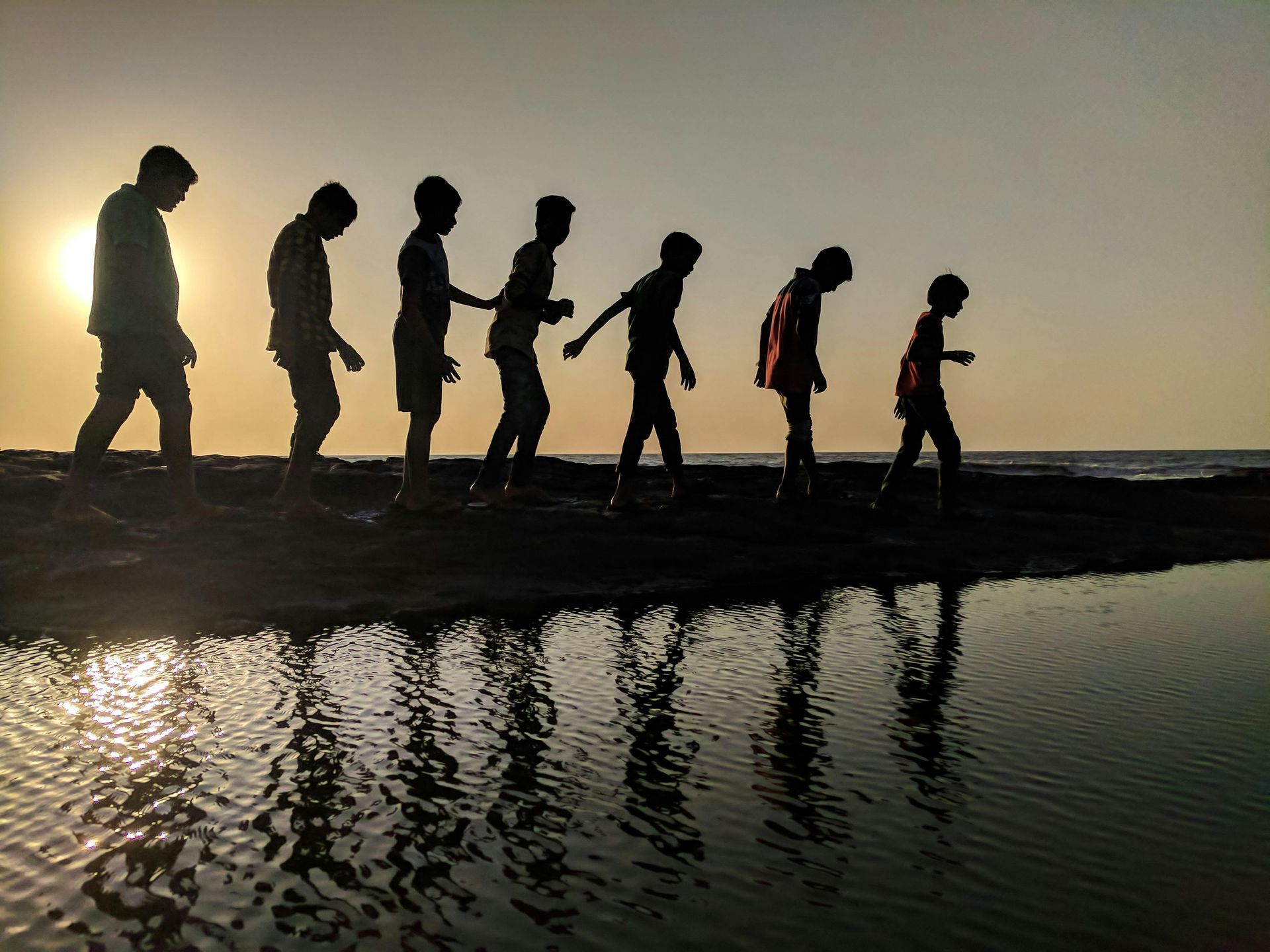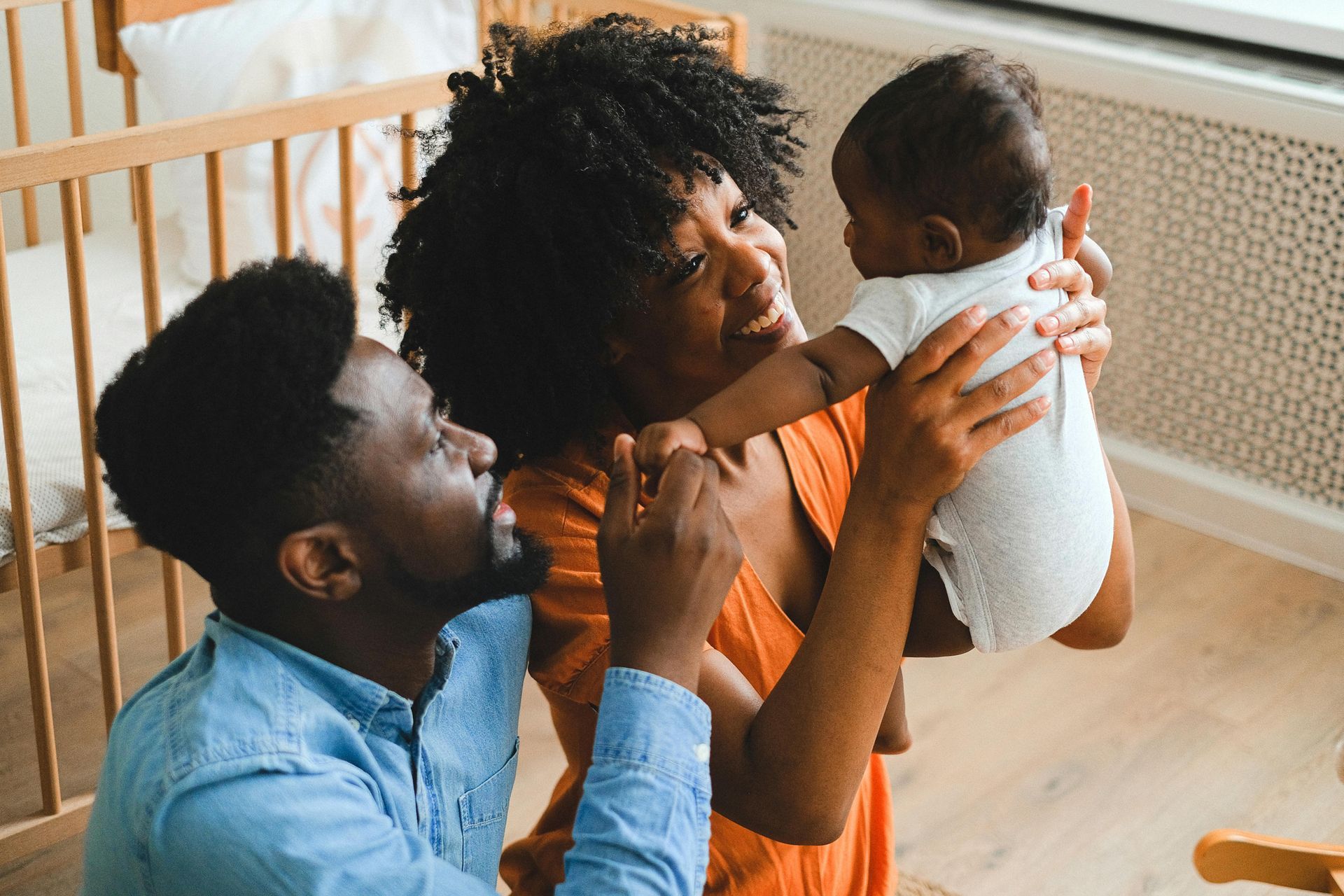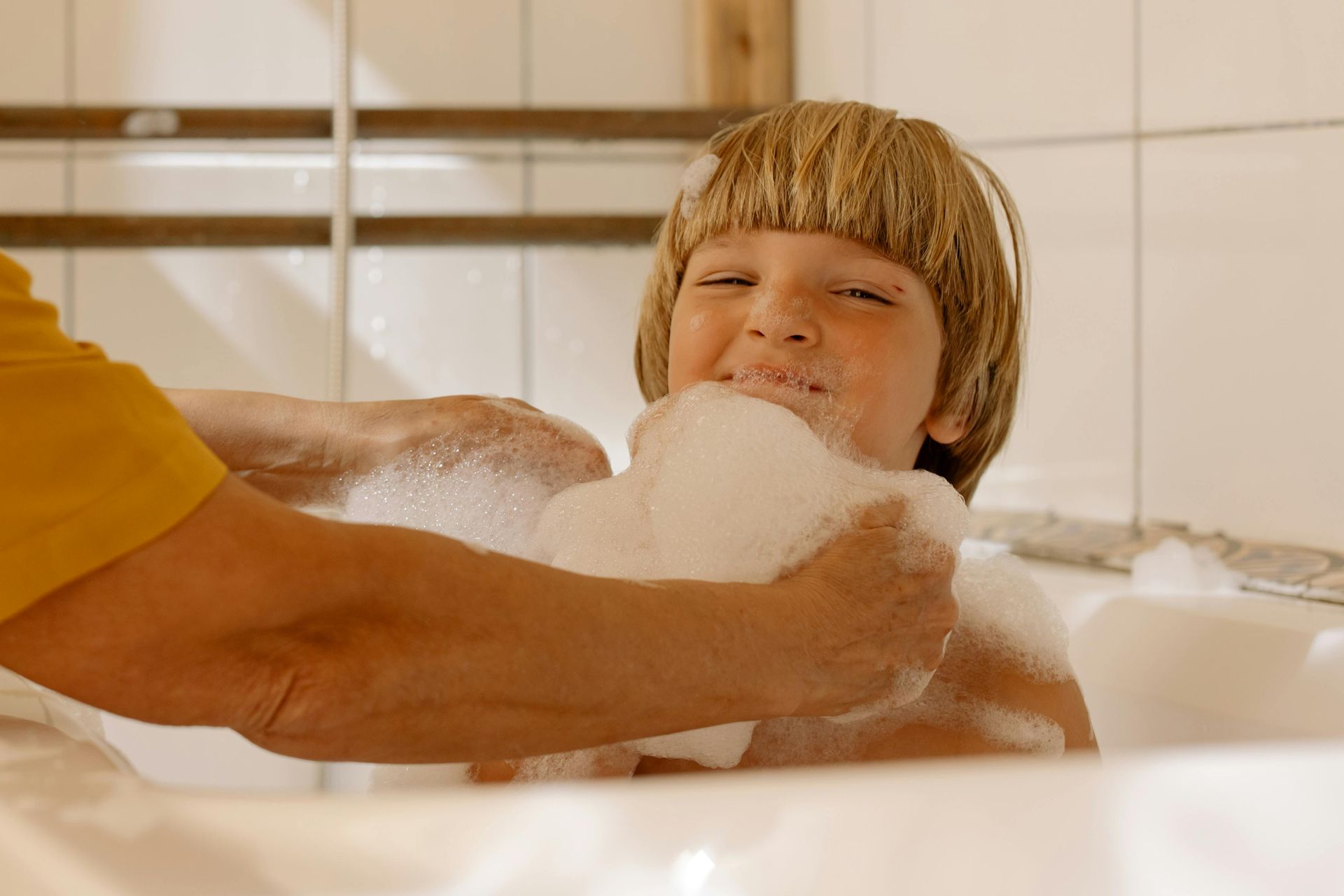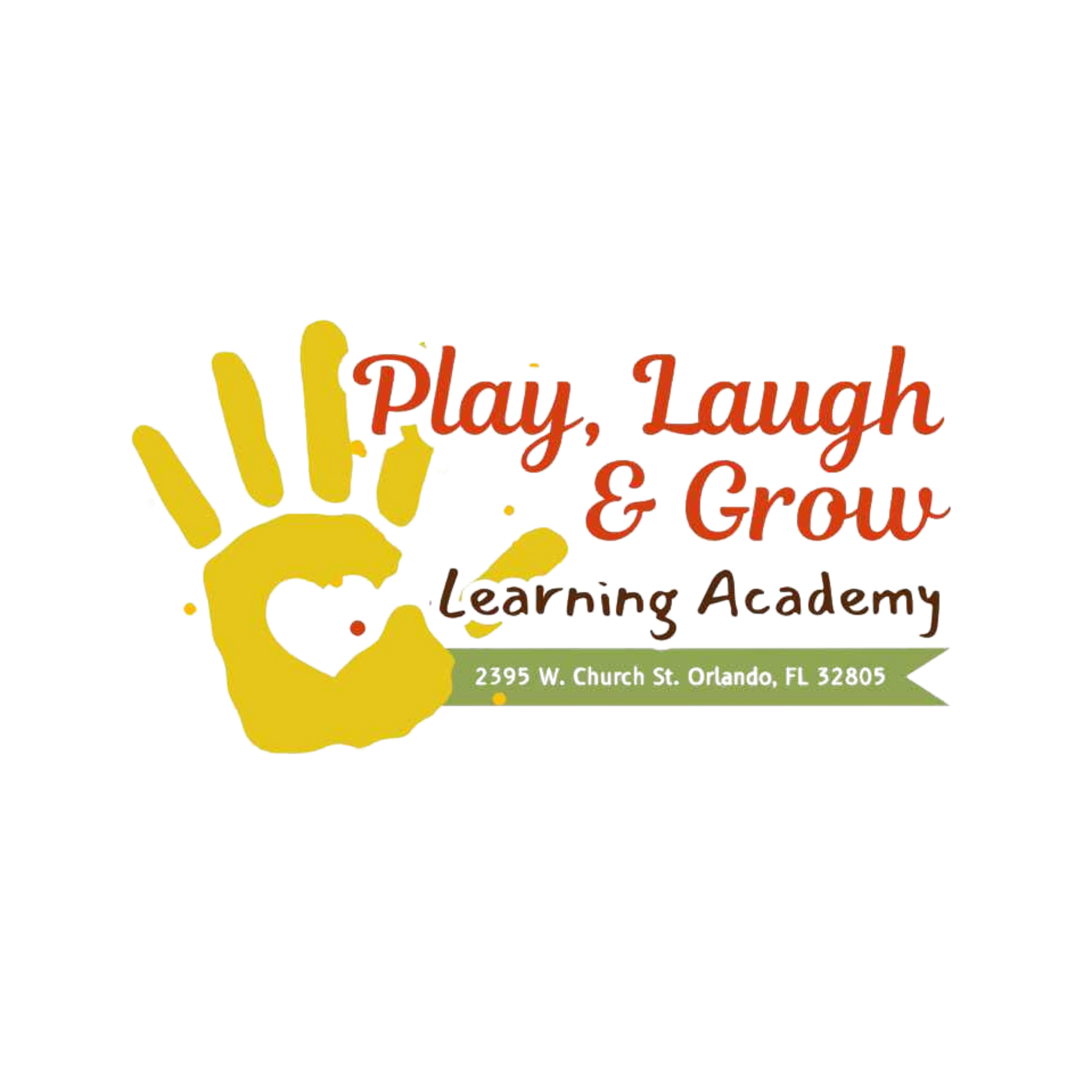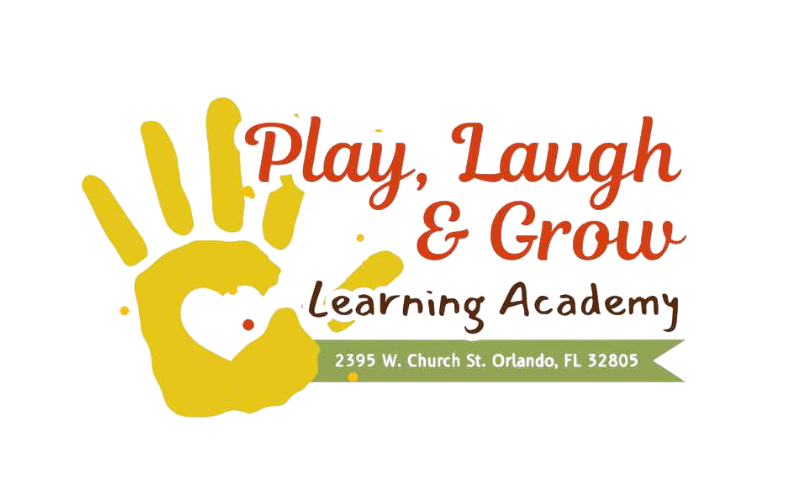The Benefits of Early Socialization: Preparing Your Child for a Lifetime of Healthy Relationships

Socialization is an essential part of early childhood development, and at Play Laugh and Grow Academy, we understand the importance of helping children build healthy, positive relationships from a young age. The early years are when children begin to develop social skills that will last a lifetime, and fostering these skills early on can significantly impact their future interactions with peers, adults, and the world around them. In this blog post, we will explore the many benefits of early socialization and how parents can support their child’s development of social skills.
1. Enhancing Communication Skills
Effective communication is the foundation of healthy relationships. By encouraging early socialization, children learn how to express themselves clearly, understand others, and engage in meaningful conversations. The sooner children are exposed to social interactions, the more comfortable they become in using language to connect with others.
Here are some ways socialization promotes communication skills:
- Listening and responding: In social settings, children practice listening to others and responding appropriately. Whether it's during playtime or group activities, children learn to understand verbal and non-verbal cues, improving their ability to communicate.
- Expanding vocabulary: Through interaction with peers and adults, children are exposed to new words and phrases. This helps them expand their vocabulary and develop a more diverse range of communication tools.
- Developing storytelling abilities: Early social interactions often involve sharing stories or experiences. These moments allow children to practice structuring their thoughts, organizing information, and conveying it to others effectively.
By socializing early on, children develop strong communication skills that will serve them well throughout their lives.
2. Teaching Empathy and Compassion
One of the most valuable social skills children can learn is empathy—the ability to understand and share the feelings of others. Socialization provides opportunities for children to practice empathy by interacting with peers who may have different perspectives, emotions, and experiences.
Here are some ways socialization promotes empathy:
- Learning to understand emotions: Through social interactions, children observe how others react to different situations. They begin to identify and understand emotions such as happiness, sadness, frustration, and excitement.
- Role-playing and perspective-taking: Playtime often involves role-playing scenarios where children take on different roles. This allows them to step into the shoes of others, helping them understand how others might feel in specific situations.
- Building compassion: As children socialize and interact with others, they learn how to care for and comfort their peers. This teaches them the importance of kindness and the value of supporting others in times of need.
Developing empathy at an early age can set the stage for healthy, compassionate relationships throughout a child’s life.
3. Building Confidence and Self-Esteem
Socializing with others helps children build self-confidence by giving them the opportunity to interact with people outside of their family. When children learn to navigate social situations and form friendships, they gain a sense of accomplishment and self-worth.
Here’s how early socialization builds confidence:
- Positive reinforcement: Interactions with peers and adults provide opportunities for children to receive praise and recognition for their efforts, boosting their self-esteem.
- Developing problem-solving skills: Socializing involves navigating challenges such as conflict resolution, sharing, and cooperation. Successfully overcoming these challenges helps children feel more capable and confident.
- Exploring new environments: Whether it’s joining a group activity, attending school, or participating in playdates, socialization exposes children to new experiences. These new environments help children build adaptability and resilience, further boosting their confidence.
When children feel confident in social settings, they are more likely to engage in future interactions and take on new challenges.
4. Improving Emotional Regulation
Early socialization helps children learn how to regulate their emotions in various social situations. Socializing with peers teaches children how to manage their feelings, whether it’s frustration from losing a game or excitement from a new friend.
Here’s how socialization supports emotional regulation:
- Managing frustration: When children engage in group play or activities, they often experience moments of disappointment or frustration. These situations give children opportunities to practice managing their emotions and finding constructive ways to cope.
- Learning self-control: Through interactions with others, children learn how to control impulses, wait their turn, and practice patience. This emotional self-regulation is crucial in building positive relationships and avoiding conflicts.
- Building resilience: Socialization helps children develop resilience by teaching them how to handle setbacks and challenges in a positive way. By learning to cope with emotions, children become more emotionally intelligent and better equipped to handle difficult situations.
Early socialization is key to developing emotional regulation skills that support healthy relationships and personal growth.
5. Enhancing Cooperative Skills
Cooperation is a critical skill for success in school, work, and social settings. Socializing with peers at a young age helps children learn how to cooperate, share, and work together toward a common goal.
Here are ways socialization enhances cooperation:
- Teamwork and collaboration: Group activities such as games, arts and crafts, or building projects teach children the importance of working together and sharing resources. These activities encourage cooperation and help children learn how to collaborate effectively.
- Negotiating and compromising: Through play and social interaction, children learn the importance of negotiating and compromising when disagreements arise. These skills are essential for conflict resolution and maintaining positive relationships.
- Building trust: When children cooperate with others, they learn the value of trust. They develop a sense of security and mutual respect that forms the foundation of lasting friendships.
Learning to cooperate with others at an early age helps children build strong social networks and sets them up for success in future collaborative environments.
6. Strengthening Peer Relationships
One of the most significant benefits of early socialization is the development of strong peer relationships. Friendships formed during childhood are crucial for emotional support, social development, and overall well-being.
Here’s how socialization strengthens peer relationships:
- Building lasting friendships: Regular social interactions allow children to form meaningful connections with others. These friendships provide a sense of belonging and help children navigate their social world.
- Developing social bonds: Early socialization helps children learn how to maintain and strengthen friendships over time. Through shared experiences and positive interactions, children build bonds with their peers that can last a lifetime.
- Providing social support: Peer relationships offer emotional and social support, helping children cope with challenges and learn how to navigate social dynamics.
Strong peer relationships are essential for building a child’s social network and providing a source of support throughout life.
Discover how to foster a supportive learning environment at home for your child and encourage creativity through imagination and artistic expression by exploring How to Create a Supportive Learning Environment for Your Child at Home and Encouraging Creativity in Early Childhood: The Role of Imagination and Artistic Expression.
Conclusion
Early socialization plays a pivotal role in shaping a child’s social, emotional, and cognitive development. By fostering communication skills, empathy, confidence, emotional regulation, cooperation, and peer relationships, children are better equipped to navigate the complexities of the social world. At Play Laugh and Grow Academy, we believe in the power of early socialization to help children develop healthy relationships that will serve them well throughout their lives. By providing children with ample opportunities for socialization, parents can help lay the foundation for a lifetime of positive, meaningful connections.
